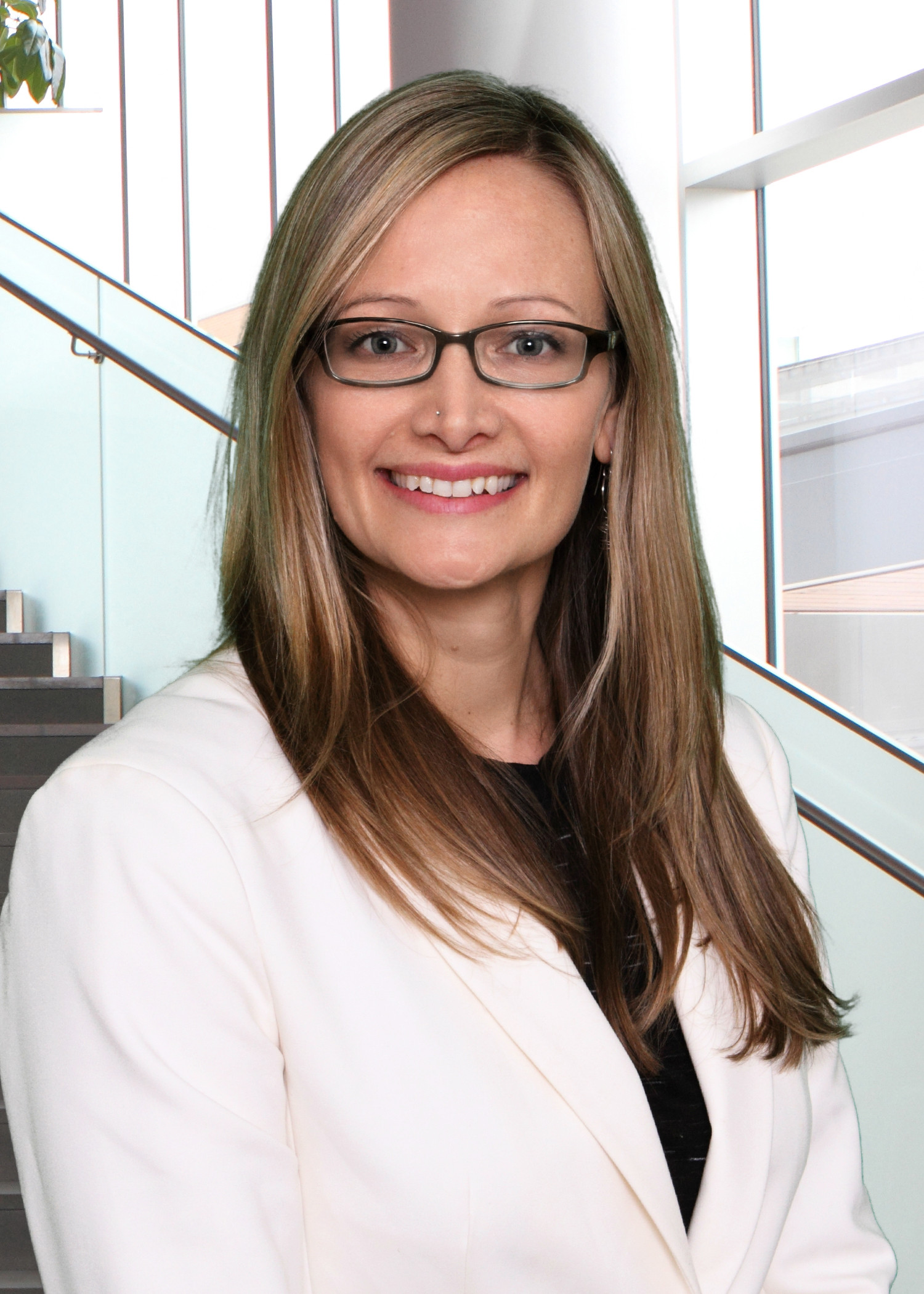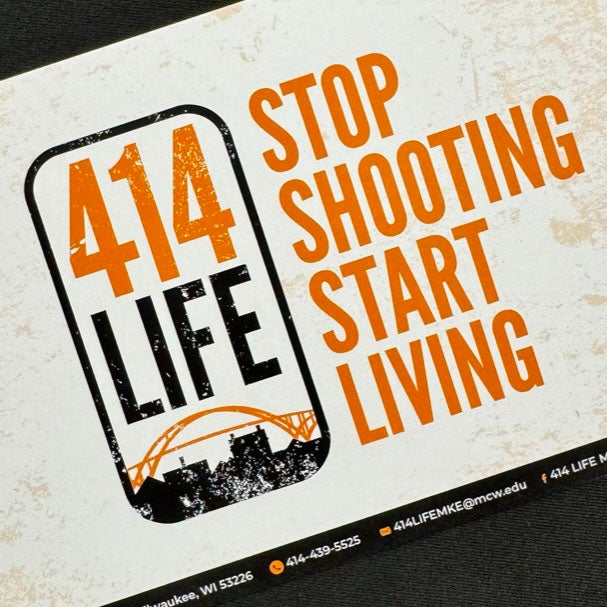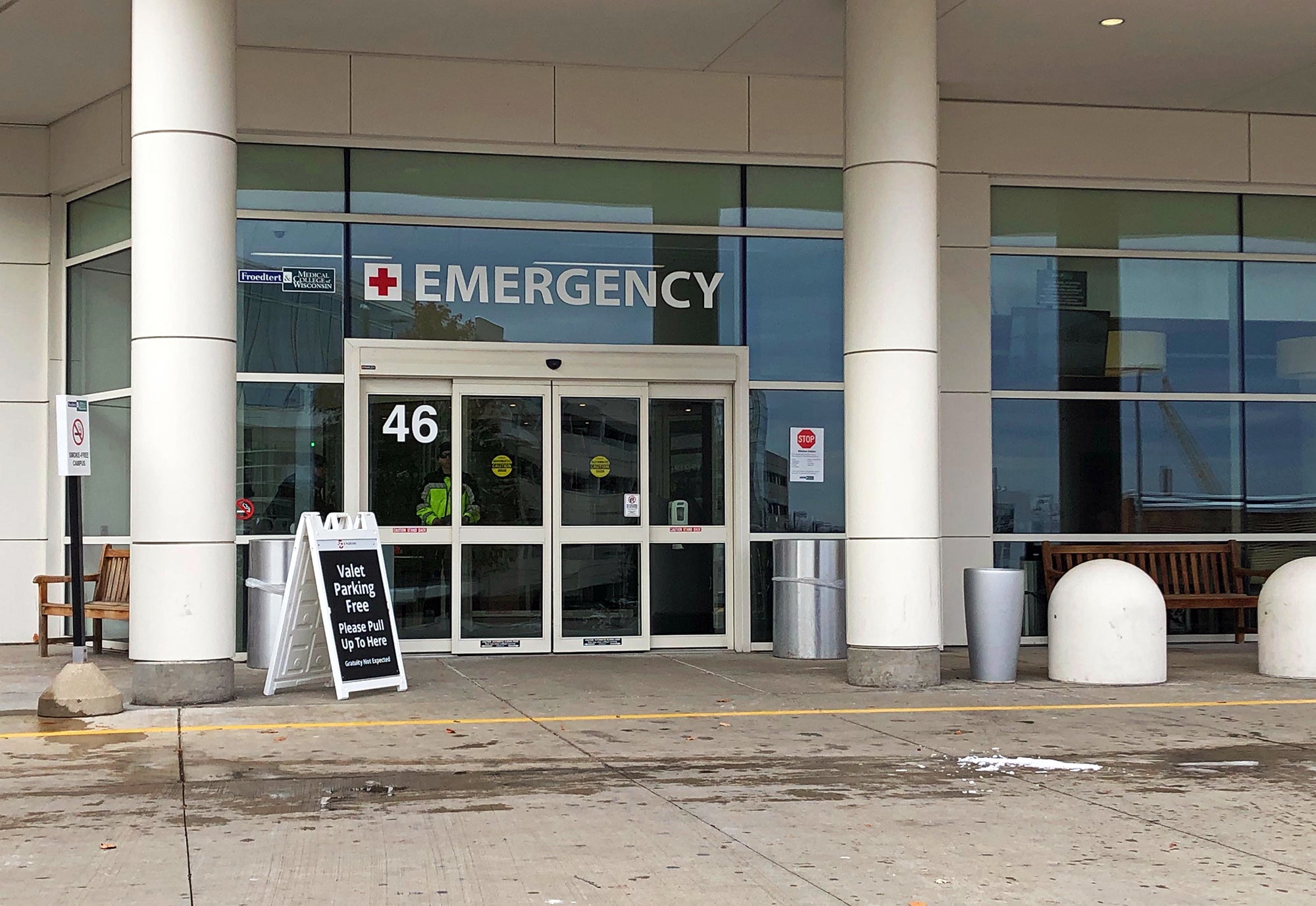As southeastern Wisconsin’s only level one trauma center, Froedtert Hospital treats around 90 percent of gun-related injuries in the city of Milwaukee. Last year, that included almost 840 nonfatal shootings, despite a slight drop in those incidents over the previous year.
In 2020, Froedert founded the Trauma Quality of Life Clinic to help gun violence survivors address the many issues that can arise after the physical healing from a gunshot wound. Hospitals in other parts of the country are taking notice of the holistic approach.
Clinic offers new ways to help with social, mental health
News with a little more humanity
WPR’s “Wisconsin Today” newsletter keeps you connected to the state you love without feeling overwhelmed. No paywall. No agenda. No corporate filter.
When a person enters the Trauma Quality of Life Clinic, medical staff treat wounds and address pain. Clinic director Colleen Trevino said staff from other disciplines then work with patients to address issues outside the hospital.
“We have a social worker who can provide resources for food, housing and transportation,” Trevino said in an interview with WPR’s “Wisconsin Today.” “We have a physical therapist who will reevaluate them to determine if they need further rehab. We also have our 414LIFE hospital-based violence interrupters, who are also in clinic to address safety and concerns for retaliation as well.”
Froedtert Hospital reports more than 300 gun violence survivors treated at Froedtert Hospital have used the clinic’s resources since 2020. Research on the clinic published in February found that a vast majority of clinic attendees scheduled and attended follow-up appointments with the clinic after being discharged.
“It’s probably the most interesting change that we have been able to experience as clinicians in the last five years,” Trevino said.

Research from 2019 finds nearly 50 percent of gunshot survivors reported testing positive for post-traumatic stress disorder. The same study finds that these patients were more likely to be unemployed and abuse substances after initial recovery from a gunshot wound.
Data collected by Froedtert’s Trauma Quality of Life Clinic paints a similar picture. Screenings from the clinic found nearly 80 percent of patients were at risk for PTSD and 50 percent were at risk for depression.
Terri deRoon-Cassini is a psychologist with the clinic and director of the Comprehensive Injury Center at the Medical College of Wisconsin. Her work focuses on early intervention to prevent distress and the development of PTSD following trauma.
“The part of our brain that’s responsible for helping us to understand situations that should be deemed fearful… that part of our brain kind of goes on overdrive (after being shot),” deRoon-Cassini said. “That leads people to want to avoid people and places and situations, which then really isolates people. In turn, they’re not establishing or reestablishing positive prosocial connections with other people.”
How chronic pain lingers for gunshot survivors
Research from the clinic found nearly 80 percent of gunshot patients were likely to suffer from chronic pain that interferes with daily living. Clinic director Trevino said gunshot wounds create a “blast injury” that can affect a patient’s nerves.
“We see a lot of neuropathic pain, which is the most difficult type of pain to be able to control. Opioids don’t manage it well,” Trevino said. “So we have to be very aggressive initially — to be able to treat that pain and know what type of pain it is, and then provide the appropriate types of medication for that specialized pain.”
Psychologist deRoon-Cassini stresses there is a link between chronic pain and a patient’s mental health.
“Pain can also make people feel as if they have a lack of sense of control over what’s happening to their body. And so we work with them to find different coping strategies to help,” deRoon-Cassini explained. “It’s not going to alleviate their pain, but it’s going to help decrease the added burden that the pain can have.”

New efforts to grow clinic’s scope
deRoon-Cassini said both she and Trevino often consult with other level one trauma centers on their approach to treating gun violence survivors.
“Part of why as clinical scientists we publish papers (and) present at conferences is because we want to demonstrate the model that we’ve developed here.” deRoon-Cassini said. “And then we also try to support other clinicians to use the evidence that we have to make a case to their medical systems about why a clinic like this is so important.”
In the future, the clinic hopes to provide legal resources and job search assistance for survivors. The clinic is also doing research to figure out what resources it offers to patients post-discharge are making the biggest impact long-term.
“When I look back at my 20-plus year career, back in the day, I wasn’t able to ask about many of these things because I had no resources to resolve some of these problems,” Trevino said. “We get to see all their needs addressed so that they can become whole again.”
Wisconsin Public Radio, © Copyright 2025, Board of Regents of the University of Wisconsin System and Wisconsin Educational Communications Board.




